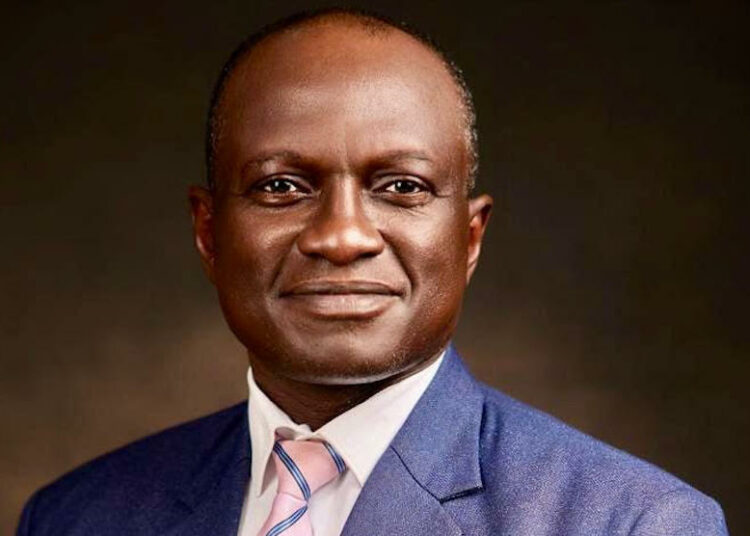The National Coordinator, National Counter Terrorism Centre, Office of the National Security Adviser (NCTC-ONSA), Major General Adamu Laka has reiterated the Federal Government’s commitment to dismantling kidnapping economy in the country.
Laka stated this while briefing newsmen on the activities of the Multi-Agency Anti-Kidnap Fusion Cell in collaboration with the United Kingdom – National Crime Agency on Tuesday, in Abuja.
He said the Centre had officially launched the State Expansion Programme of the Multi-Agency Anti-Kidnap Fusion Cell, bridging a critical gap between national security coordination and state-level tactical response.
The National Coordinator noted that kidnapping in Nigeria was no longer a random crime, but an industry being ran by sophisticated and well-armed criminal networks that thrive on fear and fund violence through ransoms.
According to him, the programme was aimed at dismantling that economy by connecting national strategy with boots-on-ground action.
He said the fusion cell was created in partnership with the United Kingdom’s National Crime Agency (NCA) to facilitate high-profile rescues and breaking up kidnapping rings across the country.
“As we know, kidnapping has evolved into one of the most persistent and destabilising security threats in Nigeria. The nature of kidnapping today has changed.
“What used to be occasional, opportunistic crimes have become systematic operations involving well-organised and well-armed criminal networks.”
Laka revealed that these networks, often with links to terrorist and armed groups, use kidnapping as a primary revenue stream, exploiting ransoms to fund logistics, weapons procurement, and territorial expansion.
“This growing criminal economy thrives on fear, and where coordination is weak. To address this, we established the Multi-Agency Anti-Kidnap Fusion Cell in collaboration with the United Kingdom – National Crime Agency. Since then, the Cell has made significant strides,” he said.
However, the Coordinator stressed that effective results depend on real-time local intelligence and swift response, which, according to him, is what the state-level expansion aims to strengthen.
General Laka said the cell had played key roles in supporting rescue operations, disrupting kidnapping networks, and improving interagency coordination.
According to him, experience has shown that while national coordination is crucial, state-level engagement is also indispensable.
“Too often, real-time intelligence, local knowledge, and operational readiness reside with field commands, while national coordination can only succeed when it is informed by ground realities.
“This is the primary purpose of this programme – to close the gap between national-level coordination and state-level response. Essentially, to build direct operational linkages between the Cell and state commands across the country,” he said.
We’ve got the edge. Get real-time reports, breaking scoops, and exclusive angles delivered straight to your phone. Don’t settle for stale news. Join LEADERSHIP NEWS on WhatsApp for 24/7 updates →
Join Our WhatsApp Channel










